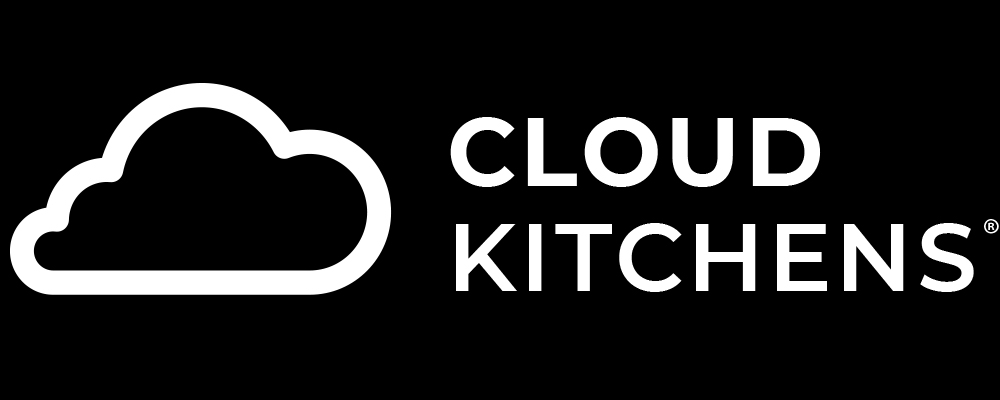Recently revealed real estate documents provide another hint at what ghost-kitchen builder CloudKitchens has going on behind the scenes. According to The Wall Street Journal, CloudKitchens has gobbled up 40 properties across the country, spending more than $130 million on the real estate for its next growth surge.
The ghost kitchen operator, led in part by Uber founder Travis Kalanick, has been on a growth tear by way of shell companies with the goal of adding many more locations across the country. According to a look at shell companies and real estate documents, the company now owns real estate in Portland, Oregon; Las Vegas; Columbus, Ohio; and Nashville. There are plenty of others, too.
“Entities tied to CloudKitchens paid $9.2 million for a vacant restaurant space in Miami Beach in May and $6.6 million for an industrial property in Queens, N.Y., in March,” the article reported.
That is a very different model compared to other ghost kitchen operators, which typically lease space in commercial buildings to split up into individual kitchens like Kitchen United or operates out of a single large, leased kitchen ClusterTruck.
CloudKitchens, it seems, continues the same real-estate strategy as Reef, which places ghost kitchens in parking lots or parking garages it owns. CloudKitchens, however, splits up the spaces into multiple kitchens, as seen at its new Los Angeles facility.
Where does this put CloudKitchens in terms of location footprint? Who knows, but between these properties and prior coverage, it seems like about 80 properties globally, and around 60 in the U.S. Whether they will all become ghost facilities also remains to be seen. The company remains secretive. A request for comment on this story was not answered, as have numerous other such requests in recent years.
Cloud will almost certainly buy more, too. According to The Wall Street Journal, Kalanick sold all his Uber shares for more than $2.7 billion. The Saudi Sovereign Wealth Fund led a $400 million round last year for the company, and Pitchbook values it at $5.3 billion. Goldman Sachs has been financing the acquisitions with loans.
What does this mean for the broader ghost-kitchen industry? The ghostly operators think there is vast untapped potential in markets, large and small, and they have ample capital to tap it. This news also solidifies CloudKitchen as the dominant player at least in terms of footprint and shows it will spend plenty to keep that first-position spot.


